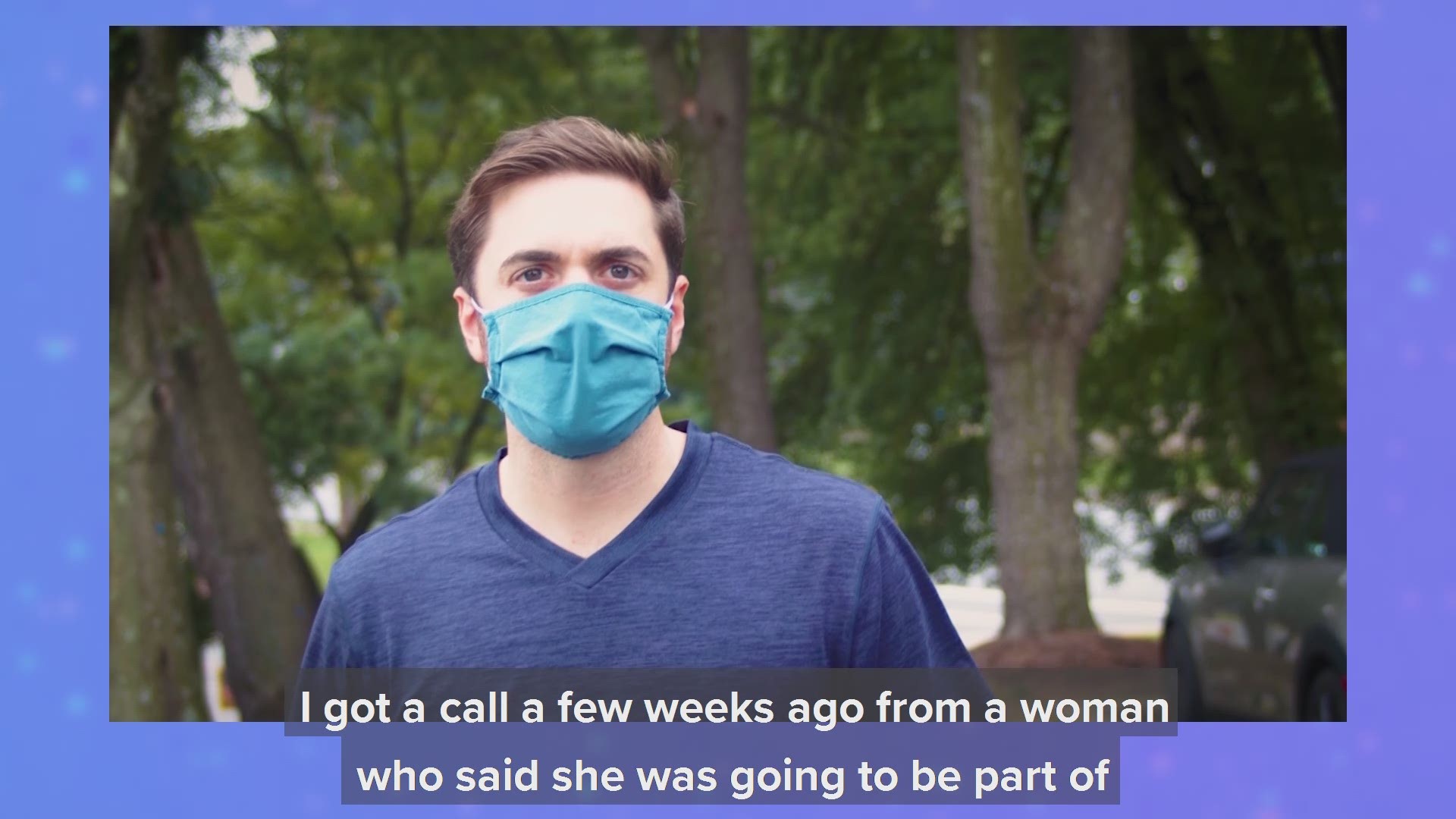WASHINGTON — The U.S. Department of Health and Human Services and the Department of Defense provided an update Tuesday on the progress of Operation Warp Speed and the eventual nationwide distribution of COVID-19 vaccines.
While a vaccine has not yet been approved, the head of the U.S. effort to produce a coronavirus vaccine recently said the first immunizations could happen on Dec. 12.
On Tuesday, Gen. Gustave Perna, part of Operation Warp Speed, reiterated that federal officials believe they'll be able to distribute 40 million doses by the end of the year. He said they hope to distribute 6.8 million doses to the states in the initial push within 24 hours of an emergency use authorization.
Four days ago, Pfizer formally asked U.S. regulators to allow emergency use of its COVID-19 vaccine, starting the clock on a process that could bring limited first shots as early as next month.
Health and Human Services Secretary Alex Azar said they hope to vaccinate the "most vulnerable" Americans by the end of December, then shift to senior citizens and first responders by the end of January.
Azar predicted anyone in the general public who wants a coronavirus vaccine should be able to get one during the second quarter (April to June) of 2021.
He also confirmed that HHS's transition official is now in contact with President-elect Biden's team to ensure a smooth transition to the new administration.
"We are immediately getting them all of the pre-prepared transition materials," Azar said.
Pfizer and its German partner BioNTech recently announced that its vaccine appears 95% effective at preventing mild to severe COVID-19 disease in a large, ongoing study.
Friday’s filing set off a chain of events as the FDA and its independent advisers debate if the shots are ready. If so, still another government group will have to decide how the initial limited supplies are rationed out to anxiously awaiting Americans.
Not far behind is competitor Moderna Inc.’s COVID-19 vaccine. Its early data suggests the shots are as strong as Pfizer’s, and that company expects to also seek emergency authorization within weeks.
Gen. Perna also touched on the challenges surrounding the distribution of Pfizer's vaccine, which must be kept at the ultra-cold temperature of around minus-70 degrees Celsius (minus-94 Fahrenheit). He explained that Pfizer has developed a container with dry ice that can keep the vaccine at the right temperature for up to 20 days.
The general also confirmed they are working on ways to remind those who get an initial coronavirus vaccine that they need to still get a second dose. Some of the plans under consideration include physical vaccine cards and "elaborate automated plans" at the state and national level to send people reminders.
Dr. Moncef Slaoui, head of Operation Warp Speed, encouraged Americans who are able to still sign up for trials to help develop additional forthcoming vaccines.
The Associated Press contributed to this report.

